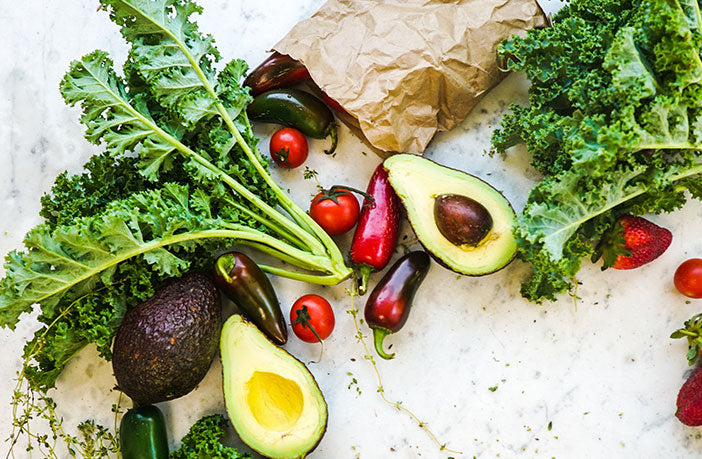What is Vitamin B
Vitamin B is a group of vitamins that help in cell metabolism. There are eight different types of B vitamins: B1 known as thiamine, B2 known as riboflavin, B3 known as niacin, B5 known as pantothenic, B6 known as pyridoxine, B7 known as biotin, B9 known as folic acid, and B12 known as cobalamins.
With the exception of B12 and B9, the B vitamins are not easily stored in the body. Most are water soluble meaning they break down easily in water and alcohol and during cooking. So making sure that you consume enough Vitamin B is crucial.
Supplement dosages
Vitamin supplements give a range of the different types of Vitamin B’s ranging from fifty milligrams to three hundred milligrams.
B1
Vitamin B1 can be found naturally in breads and grains, legumes, wheat germ, nuts and pork. Lacking B1 in your diet can lead to muscle and nerve degeneration, irritation and confusion. Vitamin B1 is essential in the production and replication of RNA and DNA which help in the construction of new cells.
B2
Vitamin B2 can be found naturally in yogurt, cheeses, leafy greens, egg whites, meat, and yeast. Lacking B2 in your diet can lead to cracked and painful tongue, purple tongue, sensitivity to light, inflamed eyelids and hair loss. Vitamin B2 is essential to the transportation of energy around the body, B2 is the chemical chain that moves energy around the body. It is also essential to the breakdown of fatty acids in the blood stream and diet.
B3
Vitamin B3 can be found naturally in meat, fish, eggs, wholegrain cereals, nuts, and mushrooms. Vitamin B3 is stable when cooked unlike other vitamin B’s. Lacking Vitamin B3 in your diet can lead to dementia, diarrhoea, dermatitis, loss of appetite, confusion and weakness. Too much B3 can lead to itching, nausea, and liver damage. Vitamin B3 is essential to maintaining a healthy nervous and digestive system.
B5
Vitamin B5 can be found naturally in liver, meats, kidney, eggs, legumes, and nuts. Lacking B5 can lead to constipation, diarrhoea, and vomiting. Vitamin B5 is essential to metabolise carbohydrates, alcohol proteins, and fats. It is essential in the production on red blood cells.
B6
Vitamin B6 can be found in grains, leafy greens, fish, shellfish, liver, nuts and fruit. Lacking B6 in your diet can lead to insomnia, anaemia, irritability, convulsions, dermatitis and confusion. Vitamin B6 is needed in the breakdown of carbohydrates and proteins. It has also been used to treat carpal tunnel syndrome and premenstrual stress.
B7
Vitamin B7 can be found in leafy greens and nuts. Lacking Vitamin B7 in your diet can lead to dermatitis, cracked tongue, hair loss and muscle pain. Vitamin B7 is essential to metabolise energy and fat use in the body.
B9
Vitamin B9 can be found in leafy greens and legumes, liver and fruit. As B9 is folate, lacking folate can lead to an increased chance of spina bifida in unborn children. B9 is used to build the central nervous system, and cell growth in unborn children.
B12
Vitamin B12 is found in almost anything of animal origin: milk, cheese, meat etc. Vitamin B12 plays a role in the maintenance of the myelin surrounding nerve cells and mental ability. Used in the formation of red blood cells, and the breakdown of some fatty acids.
Read More:
